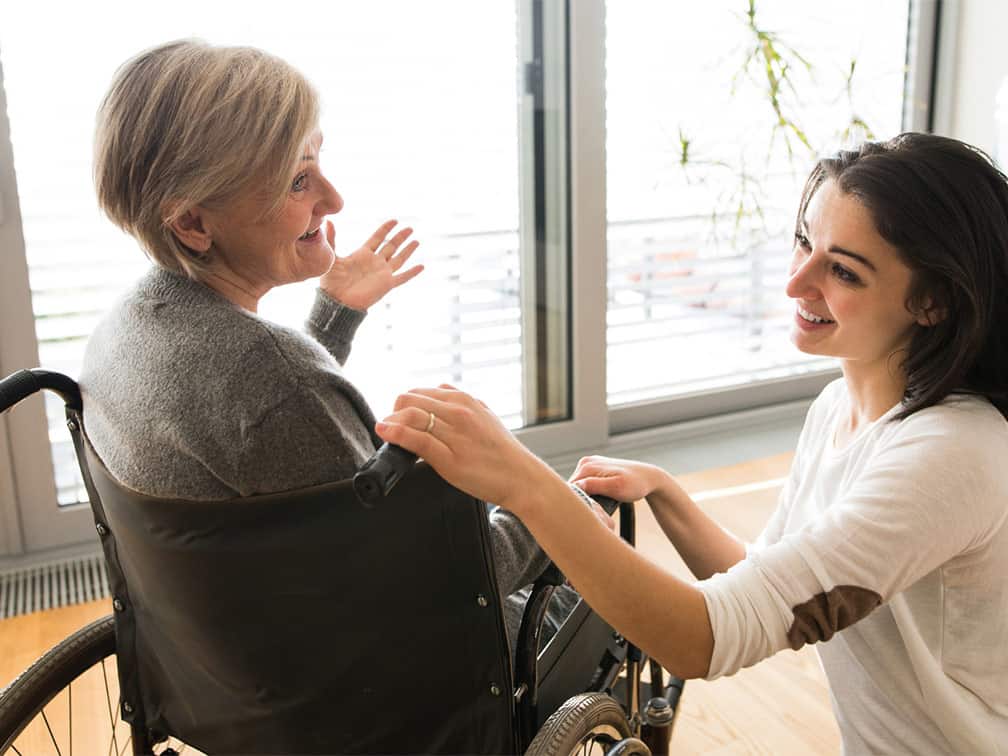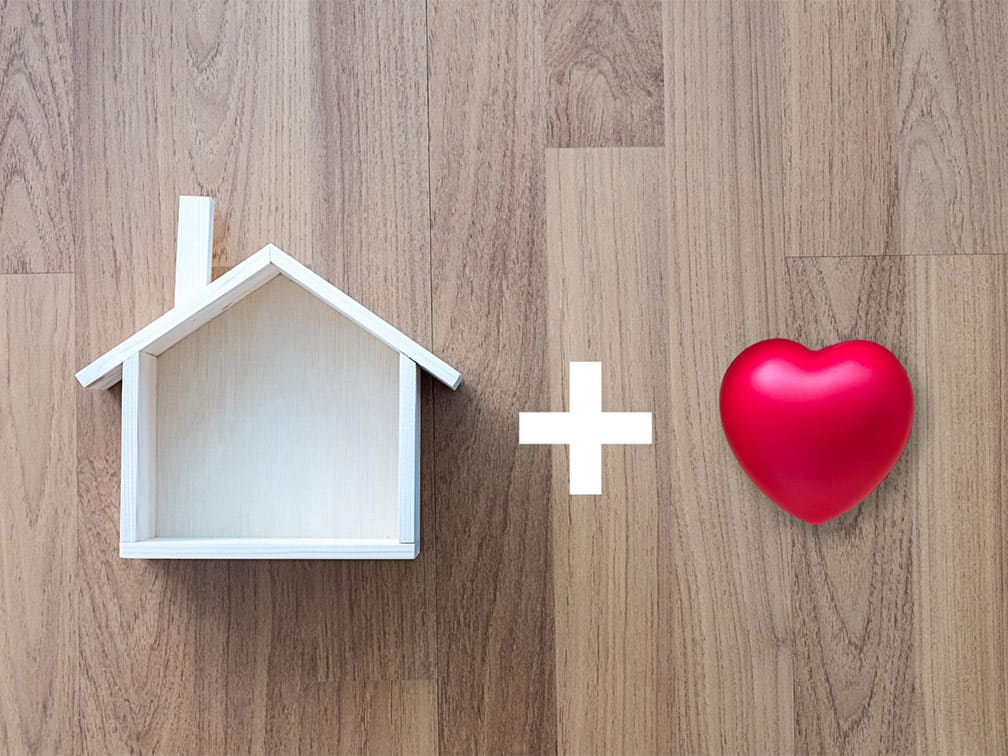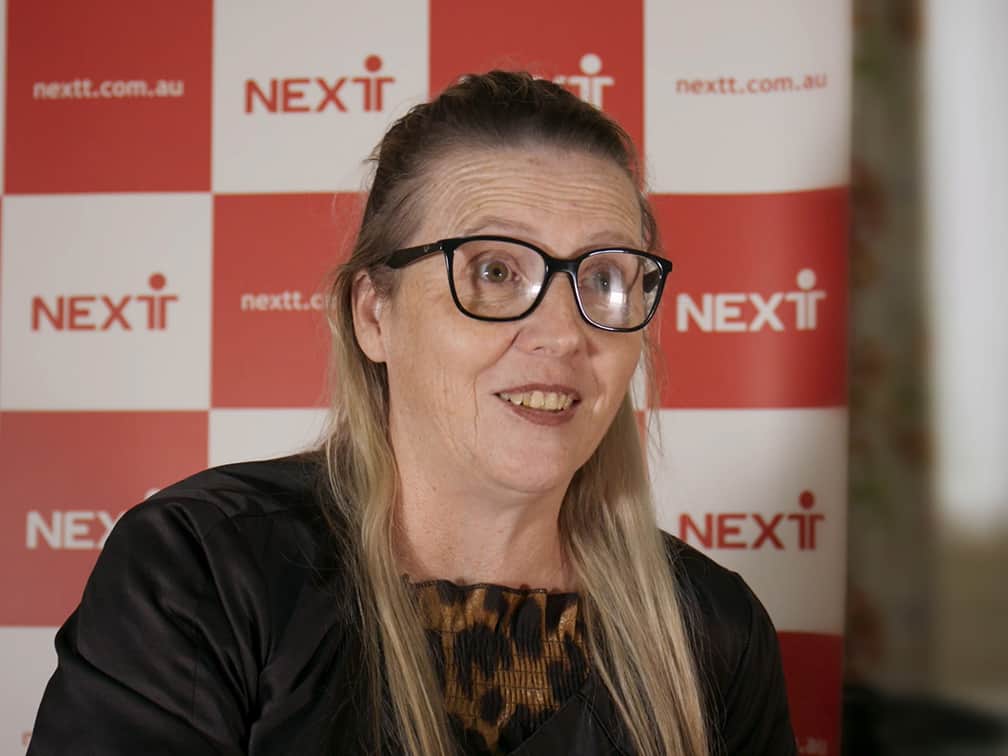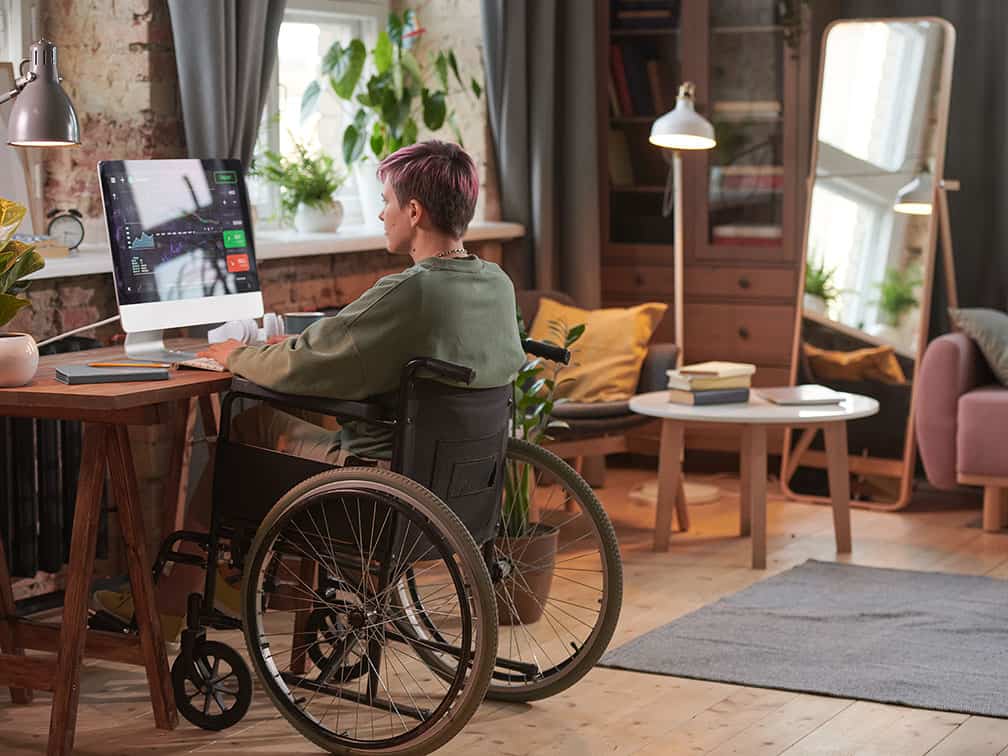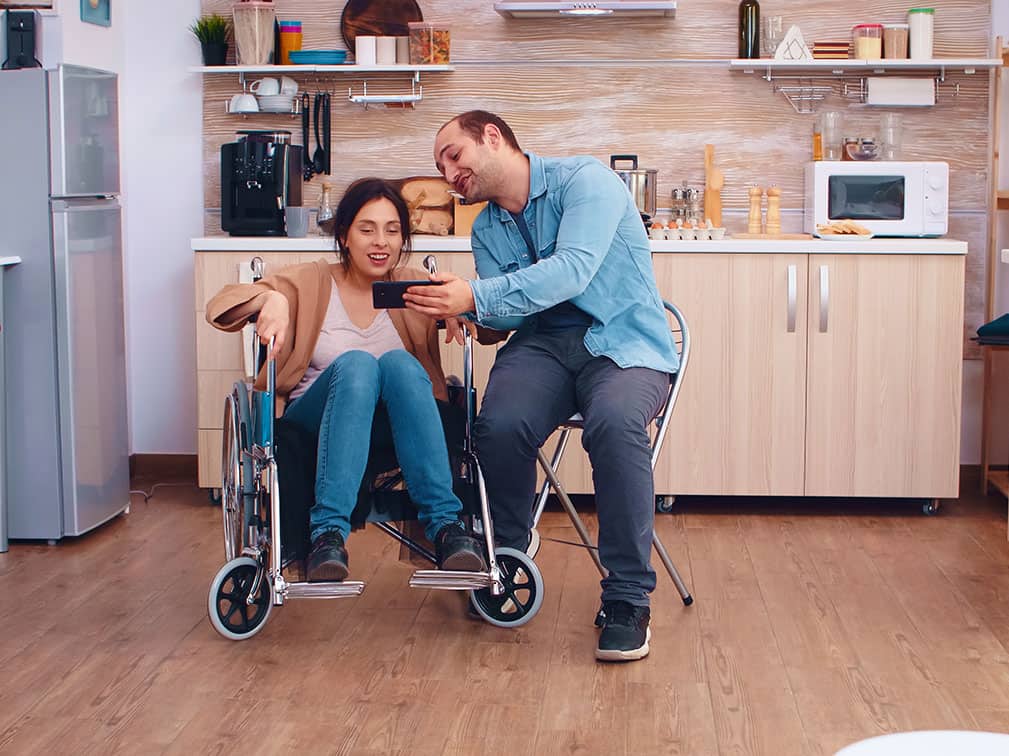Mental illness refers to a range of conditions that affects how one thinks, their emotional state, social interactions, and behaviours. It can be caused by multiple factors, including a chemical imbalance in the brain, stressful life events and/or the use of substances.
Signs Of Mental Illness
There are various signs of mental illness, including: unusual thinking, confusion and disorientation, destructive behaviour, significant mood changes, difficulty in work and social life, lack of self-care, feeling worthless, or acts of self-harm.
A person can experience one or multiple signs simultaneously, which can suggest that they are developing or have a mental illness.
Common Mental Illnesses
Mental illness is very common, one in five Australians experience signs of mental illness every year, with 45 per cent of Australian adults affected by mental illness during their lives.
The following is a list of some of the major categories of disorders described in the Diagnostic and Statistical Manual of Mental Disorders (DSM).
- Neurodevelopmental disorders
Neurodevelopmental disorders are those that are typically diagnosed during infancy, childhood, or adolescence. These disorders include Intellectual Disability, Global Developmental Delay, Communication Disorders, Autism Spectrum Disorder and Attention-Deficit Hyperactivity Disorder (ADHD)
- Bipolar and Related Disorders
Bipolar disorder is characterised by shifts in mood as well as changes in activity and energy levels. The disorder often involves experiencing shifts between elevated moods and periods of depression. Such elevated moods can be pronounced and are referred to either as mania or hypomania.
- Anxiety Disorders
Anxiety disorders are those that are characterised by excessive and persistent fear, worry, anxiety and related behavioural disturbances. Fear involves an emotional response to a threat, whether that threat is real or perceived. Anxiety involves the anticipation that a future threat may arise. Types of anxiety disorders include Generalized Anxiety Disorder (GAD), Agoraphobia, Social Anxiety Disorder, Panic Disorder and Separation Anxiety Disorder.
- Stress-Related Disorders
Trauma and stressor-related disorders involve exposure to a stressful or traumatic event.
These were previously grouped with anxiety disorders but are now considered a distinct category of disorders. Disorders included in this category include Acute Stress Disorder, Adjustment Disorders, Post-Traumatic Stress Disorder (PTSD) and Reactive Attachment Disorder.
- Dissociative Disorders
Dissociative disorders are psychological disorders that involve a dissociation or interruption in aspects of consciousness, including identity and memory. Dissociative disorders include Dissociative Amnesia, Dissociative Identity Disorder and Depersonalization/Derealization Disorder.
- Somatic Symptom Disorders
Somatic symptom disorders are a class of psychological disorders that involve prominent physical symptoms that may not have a diagnosable physical cause. Disorders include somatic symptom disorder, illness anxiety disorder, conversion disorder and factitious disorder.
- Eating disorders
Eating disorders are characterised by obsessive concerns with weight and disruptive eating patterns that negatively impact physical and mental health. Types of eating disorders include anorexia nervosa, bulimia nervosa, rumination disorder, pica, and binge-eating disorder.
- Sleep disorders
Sleep disorders involve an interruption in sleep patterns that lead to distress and affects daytime functioning. Examples of sleep disorders include narcolepsy, insomnia disorder, hypersomnolence, breathing-related sleep disorders, parasomnias, and restless legs syndrome.
- Disruptive Disorders
Impulse-control disorders are those that involve an inability to control emotions and behaviours, resulting in harm to oneself or others. These problems with emotional and behavioural regulation are characterised by actions that violate the rights of others such as destroying property or physical aggression and/or those that conflict with societal norms, authority figures, and laws. Types of impulse-control disorders include kleptomania, pyromania, intermittent explosive disorder, conduct disorder and oppositional defiant disorder.
- Depressive disorders
Depressive disorders are a type of mood disorder that include a number of conditions. They are all characterised by the presence of sad, empty, or irritable moods accompanied by physical and cognitive symptoms.
- Substance-related disorders
Substance-related disorders are those that involve the use and abuse of different substances such as cocaine, methamphetamine, opiates, and alcohol. These disorders may include substance-induced conditions that can result in many associated diagnoses including intoxication, withdrawal, the emergence of psychosis, anxiety, and delirium.
- Neurocognitive disorders
Neurocognitive disorders are characterised by acquired deficits in cognitive function. Types of cognitive disorders include Delirium and Neurocognitive Disorders.
- Schizophrenia
Schizophrenia is a chronic psychiatric condition that affects a person’s thinking, feeling, and behaviour. Itis characterised by delusions, hallucinations, disorganised speech and behaviour, and other symptoms that cause social or occupational dysfunction.
- Obsessive-Compulsive Disorders
Obsessive-compulsive and related disorders is a category of psychiatric conditions that includes obsessive-compulsive disorder (OCD), body-dysmorphic disorder, hoarding disorder, trichotillomania (hair-pulling disorder), excoriation disorder (skin picking), substance/medication-induced obsessive-compulsive and related disorder, and obsessive-compulsive and related disorder due to another medical condition.
- Personality Disorders
Personality disorders are characterised by an enduring pattern of maladaptive thoughts, feelings, and behaviours that can cause serious detriments to relationships and other life areas. Types of personality disorders include antisocial personality disorder, avoidant personality disorder, borderline personality disorder, dependent personality disorder, histrionic personality disorder, narcissistic personality disorder, obsessive-compulsive personality disorder, paranoid personality disorder, schizoid personality disorder and schizotypal personality disorder.
Where To Find Support
There are many mental health services that provide ongoing support from a professional mental health carer.
If you are concerned for a loved one or friend, ask them how you can help. The first action for a person with mental health difficulties, signs, and symptoms, is to visit a doctor or other healthcare professionals.
Seeking support is the bravest and healthiest option when looking after your mental health and wellbeing.
Organisations such as Lifeline, Kids Help Line, Beyond Blue, Mensline and Suicide Call Back Service can be called for guidance and support during a crisis.
For immediate and urgent assistance if concerned to all about any signs or symptoms relating to mental health, call triple zero (000) and ask for an ambulance.
How Nextt can help
At Nextt we have great experience working with clients that have mental health challenges. We meet with clients wherever they are in their journey and support them based on their NDIS goals providing individualised assistance that uniquely fits their needs.
Contact us on 1300 369 568, our team of support coordinators can work with you to understand and implement the funded supports in your plan and help create a positive and lasting impact on your everyday life.
* The information on this page is for general information only and does not take the place of professional or medical advice. We do not accept any liability for any injury, loss or damage caused by use of the information provided in our website.

